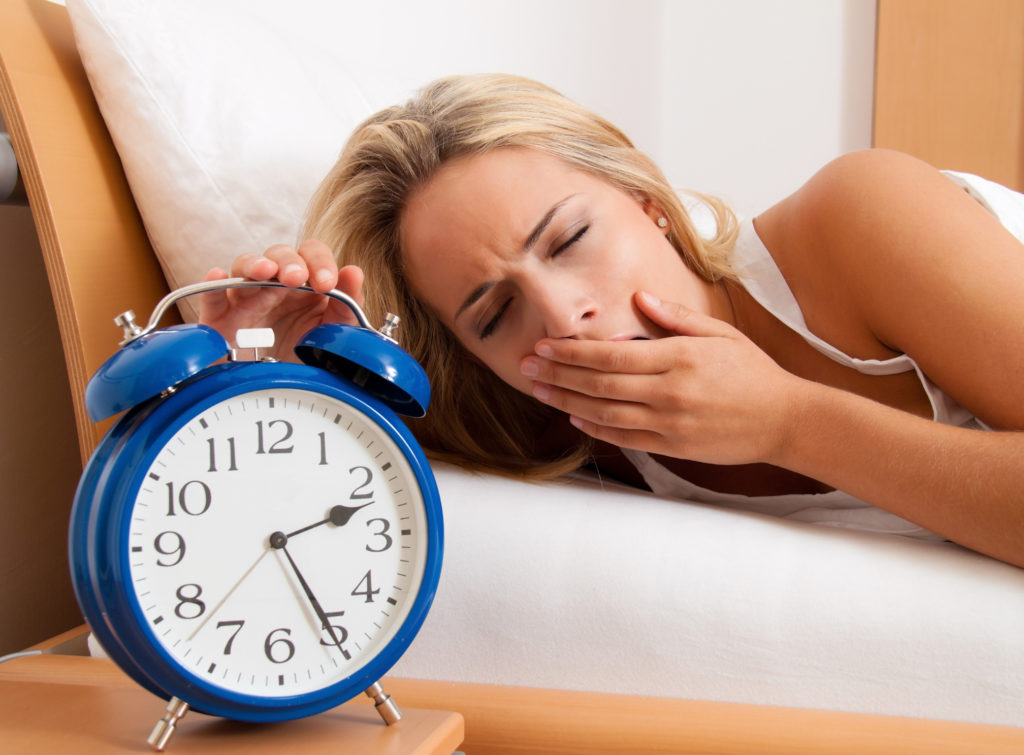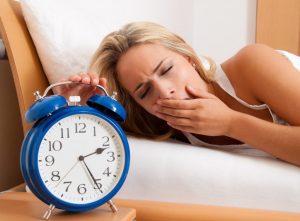How many hours of sleep do you get each night? Most readers will probably answer ‘not enough.’ Kids and work are often the two leading culprits of why we run low on sleep. The children have activities to go to and you’re the only driver. The boss is demanding that you hand in a report on your latest project by tomorrow. Stress, anxiety and worry also contribute to sleep problems. Whatever the cause, it’s crucial that you get proper sleep if your body is to stay healthy.
One way that a lack of sleep impacts health is weight gain. A majority of people tend to eat sugar or indulge in caffeine when they are tired. When you don’t sleep well during the night and then get out of bed early in the morning, by the afternoon you experience a crash and often end up raiding the vending machines at work to get a quick energy boost. If you were getting enough sleep for your body each night, these cravings would cease to exist. We only crave these items when our body experiences low energy.
Moreover, one of the ways your body controls cravings is by the hormone leptin. If you produce an excess amount of leptin, your stomach is likely to feel empty. Ghrelin, the other hunger hormone, helps to control our hunger as well. Both of these work hand-in-hand to help us lose weight, but when we don’t get sleep, we may as well not try to lose weight at all. This is because when we get six hours of sleep or less, our body is triggered to eat. This back peddles the hormones and makes them work harder creating a constant hunger, even if you’ve just eaten.
A lack of sleep can even impact your workouts at the gym. If you lose sleep on a regular basis, over time it can even lead to muscle loss. It slows down the production of anti-aging hormones which keep the skin looking vibrant and healthy. People have also been known to have more injuries when they are working out. They may not focus well on the weight or cardio machines, which makes them more at risk for an injury. Or, they may be hoping to wake up during the workout. The fact of the matter is, however, that when you function on a deficit of sleep you’ll often find it harder to recover from exercise. You may feel fatigued longer than usual. However, getting in a good nap or several nights of sufficient sleep might be all your body needs to get back on track.
If you’re trying to lose weight, sleep is your biggest ally. It’s never too late to flip the switch and reprogram your body. First, stop the late-night snacking. Try not to have any food or drinking past dinner time—except water. This helps your body use energy to heal and repair cells instead of digest food, which allows for weight loss to occur as well. Take steps to prepare yourself for a good night’s sleep by not working, watching TV or getting on your phone one hour before bed. Use that time to take a bath, meditate, listen to music, or read a book.
Sleep is a wonderful thing. Most adults should be getting between 7-9 hours of sleep each night. Discover the right amount of sleep that is best for your body, and make a commitment to get yourself to bed at a time that gives you this amount of rest. You should wake up each morning feeling fully rested.






